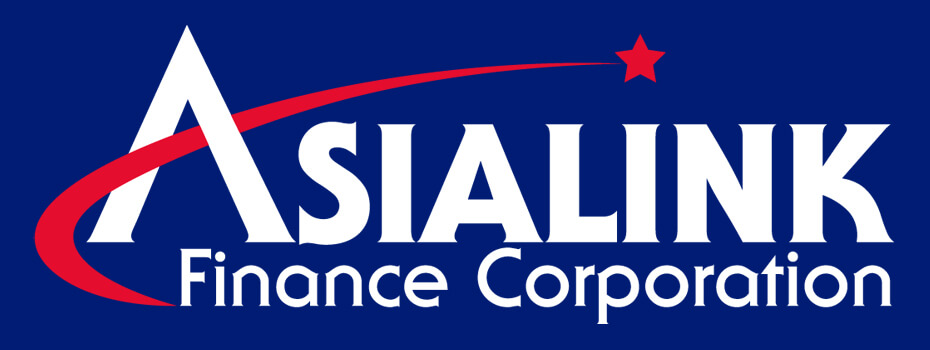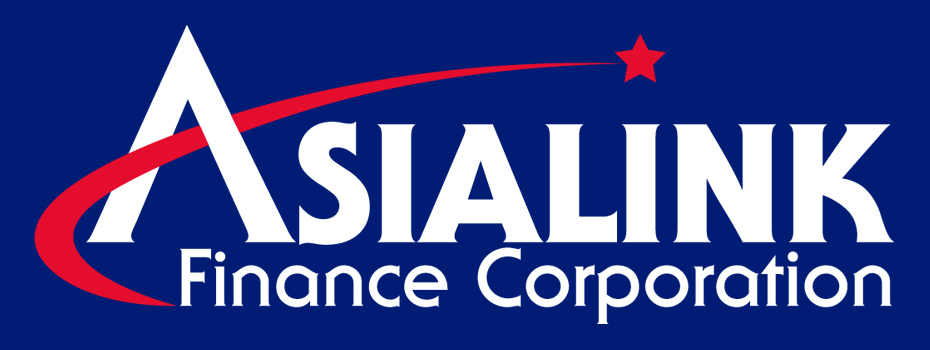What are the things you should know about renewing your loan?
- Allows you the funding you previously needed
- Similar to getting a brand new loan
- Collateral is still very important
Renewing a loan is not something many people think about once they get approved for one. These people may not be familiar with what a loan renewal is and its processes. However, once you’re almost done paying off the loan that you currently have, a renewal should be the next thing on your mind.
Continue reading to learn more about the entire process and to know what you should be expecting when it comes to renewing your loan.
Allows You The Funding You Previously Needed

To get you up to speed with what a loan renewal is, it is simply signing on for a new term once your current term comes to an end. It is important to note that renewal only applies to loans that still have a remaining balance once it matures. This means it is common with mortgages and equity lines of credit.
Renewing your loan gives you an opportunity to renegotiate the terms of your contract such as its length, interest rate, and more. By going through the process of renewal, especially at set intervals, you are able to get the necessary funding you need to be given in your specific circumstances.
For example, your business needs PHP 200,000 and you only get approved for a loan of PHP 100,000. You can get the remaining PHP 100,000 once you renew your loan. You can get the amount that you need on better terms that you can comfortably afford.
Similar To Getting A Brand New Loan

The next thing worth noting is that you should treat loan renewal in the same way as applying for a brand-new loan. What this means is that renewing your loan is not a sure thing, despite how common you see it in the business world. You will still be subjected to the same deliberation process that you experienced when you first applied for one.
With that being said, here’s what you can do to improve your chances of getting approved for a renewal:
- Pay on time – the timeliness of your payments on your original loan is a big factor that financers will certainly be looking at.
- Increase the balance of your bank account – this makes you look good in the eyes of financers. More money in the account means you are less likely to miss out on payments.
- Verify your credit score and the details on your credit report – it is possible that there are errors or discrepancies in your records. Verify and correct them if needed.
- Pay all your bills – utility bills, rent, and other business-related bills must be paid fully and on time.
As you can see, these are the same practices that you should do to get approved for a new loan. Follow these practices consistently because they will also help build your reputation as a borrower.
Collateral Is Still Very Important

As with applying for a new collateral loan, ensuring the value of the collateral you will be putting up is still important. Once your renewal is approved, the financer will almost always verify the condition and status of your collateral. As a general rule of thumb, it should be in good, usable condition. If the collateral is real estate such as your home, then financers can have it subject to reappraisal. If the collateral has fallen in value, then you may need to put up additional items to make up for it.
In any case, verify the value of your collateral before applying for a loan renewal.
Key Takeaway
Getting a loan renewal is a natural part of mortgages and equity lines of credit, which is why it is important for you to be knowledgeable regarding it. Now that you’ve read the above and know some of the inner-workings of renewing a loan, you are better prepared for the future.






